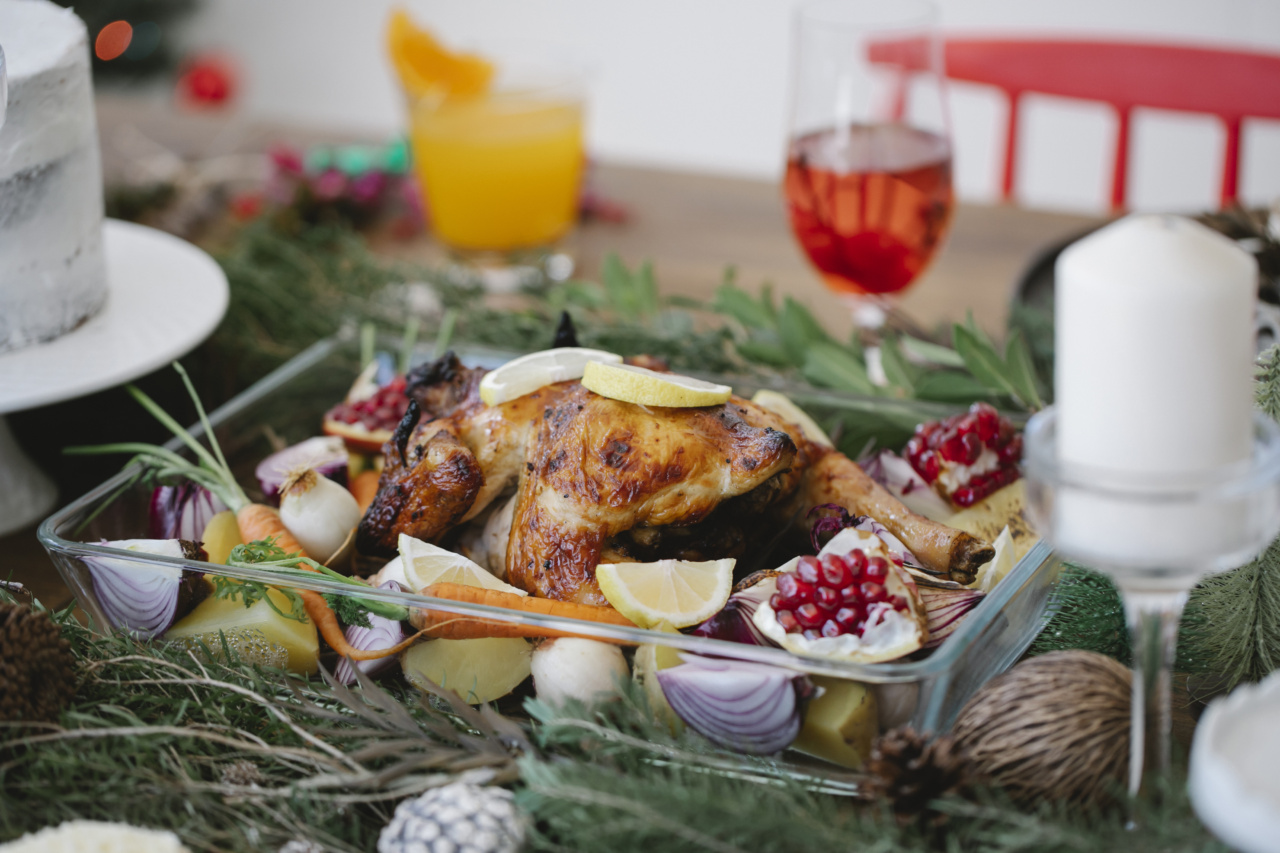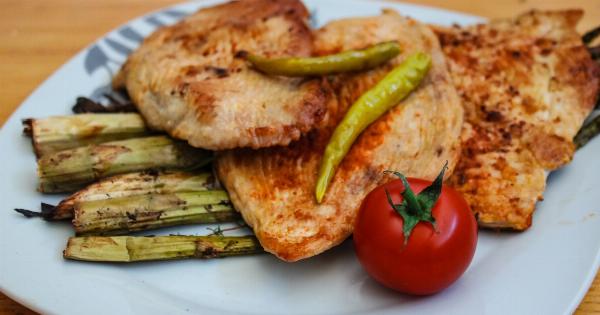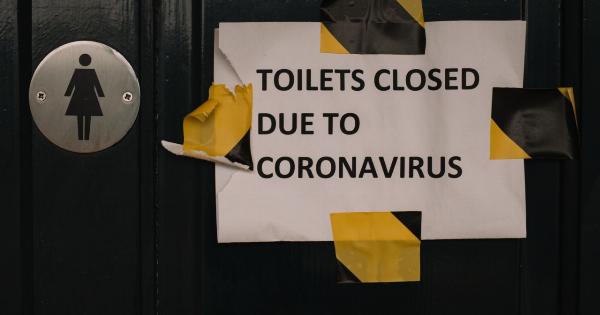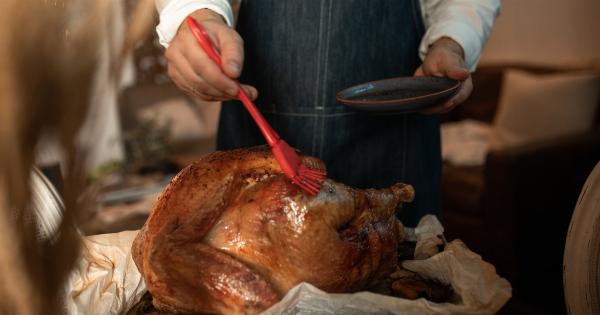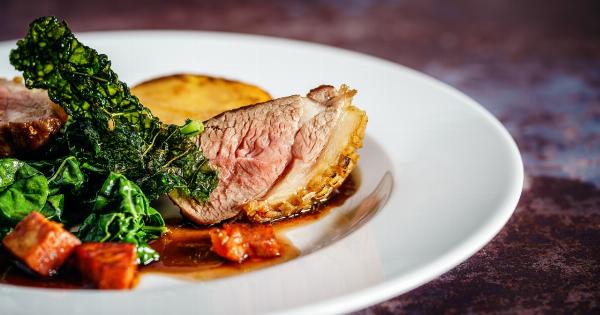Roasting meat can be a delicious and satisfying way to prepare a meal, but did you know that it can also produce cancer-causing compounds known as carcinogens?.
Carcinogens in Roasted Meat
When meat is roasted at high temperatures, it creates compounds called heterocyclic amines (HCAs) and polycyclic aromatic hydrocarbons (PAHs). These compounds can form when amino acids, sugars, and creatine in meat are heated to high temperatures.
Heterocyclic Amines
HCAs are a type of carcinogen that form when meat is cooked at high temperatures. These compounds can damage DNA in cells and increase the risk of cancer.
The formation of HCAs can be influenced by several factors, including the type of meat, cooking method, cooking temperature, and cooking time. Grilled, broiled, and pan-fried meats tend to have higher levels of HCAs than meats cooked by other methods.
Polycyclic Aromatic Hydrocarbons
PAHs are another type of carcinogen that form when meat is roasted or grilled. These compounds are formed when fat and juices from the meat drip onto hot coals or heating elements, creating smoke and PAHs that can rise up and adhere to the meat.
Like HCAs, the formation of PAHs can be influenced by several factors, including the type of meat, cooking method, cooking temperature, and cooking time. High-heat cooking methods like grilling and roasting can produce high levels of PAHs.
How to Reduce Carcinogens When Roasting Meat
While it may be impossible to completely eliminate the formation of HCAs and PAHs when roasting meat, there are several things you can do to reduce your risk of exposure to these compounds.
Cook at Lower Temperatures
Cooking meat at lower temperatures can reduce the formation of HCAs and PAHs. Instead of high-heat roasting or grilling, try slow-cooking methods like braising or stewing.
Use Marinades
Marinating meat before cooking can help reduce the formation of HCAs. The acid in marinades can help prevent the formation of these compounds. Try marinating meat in a mixture of vinegar, citrus juice, or wine before cooking.
Trim the Fat
Fat dripping on hot coals or heating elements can create smoke and PAHs that can adhere to meat. Trimming excess fat from meat can help reduce the formation of these compounds.
Cook Meat to Safe Temperatures
Cooking meat to safe temperatures can reduce the risk of foodborne illness and also help reduce the formation of HCAs. Use a meat thermometer to ensure that meat is cooked to the proper temperature.
Choose Lean Cuts of Meat
Fatty cuts of meat can produce more fat and juices that can create smoke and PAHs. Choosing lean cuts of meat can help reduce the formation of these compounds.
Conclusion
Carcinogens can form when meat is roasted or grilled at high temperatures.
While it may be impossible to completely eliminate the formation of these compounds, there are several things you can do to reduce your risk of exposure to HCAs and PAHs when roasting meat.
